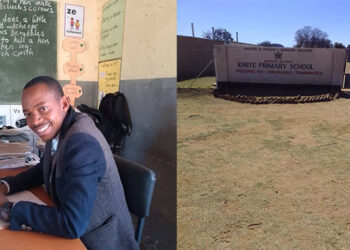Recent reports claim that Elon Musk is working on a revolutionary robot that can care for a baby throughout pregnancy. This technology promises to be a breakthrough in reproductive technology and significantly change the approach to pregnancy and childbirth, reducing the risk of complications and deaths among mothers.
What is a “pregnancy robot”?
The essence of the development, according to rumors, is to create a device that will perform all functions related to the development of a child over the course of 9 months – from fertilization to birth. The robot should provide an artificial environment for the fetus, simulating the conditions of the uterus, where the baby will grow and develop. As it progresses, the robot will track all biological parameters, thereby minimizing the risks associated with the traditional process of bearing a child.
How can this technology change medicine and society?
1. Reducing mortality and complications. Complications during pregnancy and childbirth remain a significant problem, especially in countries with underdeveloped medical systems. If this technology is successfully implemented, it could dramatically reduce the number of deaths among mothers and newborns.
2. Access to pregnancy for all. The development can help those who cannot bear a child for medical reasons. This opens up new opportunities for women who cannot go through a traditional pregnancy for health reasons, as well as for LGBTQ+ couples and single people who want to have children.
3. Ethical and social issues. At the same time, such a breakthrough raises many ethical questions. How will the role of women in pregnancy change? What are the possible consequences for society if this technology becomes widespread? What does “natural parenting” mean in such a world?
The next step in reproductive technology?
Artificial pregnancy technology has the potential to be the next logical step in reproductive technology after IVF and surrogacy. While the concept seems futuristic, it may also cause resistance given the sensitivity of the topic. Whether the technology will be able to completely replace the natural process of bearing a child remains an open question.
Potential risks and challenges
While the prospect of minimising risks sounds promising, possible medical and social challenges can hardly be ruled out:
– Unpredictable consequences. Any technology of this kind must undergo extensive testing and research to ensure its safety.
– Uneven access to technology. As with other innovations, there is a risk that this technology will only be available to the wealthy, which could increase social inequality.
Conclusion
A revolutionary robot that can carry and care for a child throughout pregnancy could be a real breakthrough in medicine and reproductive technologies. However, its appearance on the market raises many questions and dilemmas. Will such technologies be able to change the future of parenthood? Perhaps, but it is important to consider not only the potential medical and social benefits, but also their possible risks and consequences.









